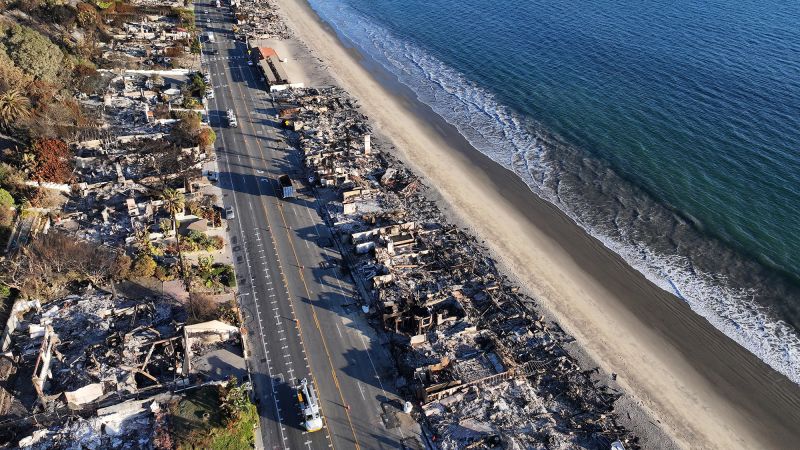Climate Catastrophes Drive Record $84 Billion Insurance Losses in First Half of 2025
Climate Catastrophes Drive Record $84 Billion Insurance Losses in First Half of 2025

Global insurance carriers have faced unprecedented challenges in the first six months of 2025, with record-high losses totaling an estimated $84 billion due to raging wildfires and severe storms worldwide. This marks the costliest first half of a year for the insurance industry since 2011, according to a recent report from reinsurance broker Gallagher Re.
Weather and climate-related events alone accounted for at least $81 billion of these losses, making January to June 2025 the most expensive period on record for such incidents. The report warns that this trend signifies a “new market reality” for insurers, with total annual losses expected to surpass $100 billion.
The United States bore the brunt of these costs, with January wildfires, particularly in Southern California, contributing approximately $40 billion to the total. These blazes were among the most destructive in Los Angeles County’s history, forcing thousands to reconsider rebuilding or relocating. Following these events, California’s largest insurance provider, State Farm General, requested an emergency interim rate hike averaging 22% for homeowners, citing a “dire” financial situation after paying over $1 billion in claims.
Additionally, severe storms across the US, including damaging tornadoes, winds, and hail, accounted for at least $33 billion in losses. A major outbreak of storms in the Midwest and South between March 13 and March 16 alone generated nearly $8 billion in insured losses, ranking as the fourth costliest storm event for insurers on record.
In contrast, non-US insured losses remained below $10 billion, marking only the second time since 2006 that the first half of a year saw such low international figures. The most significant non-US event was April’s earthquake in Myanmar and Thailand, with estimated losses potentially exceeding $1 billion.
Disclaimer: This content is aggregated from public sources online. Please verify information independently. If you believe your rights have been infringed, contact us for removal.